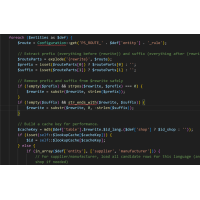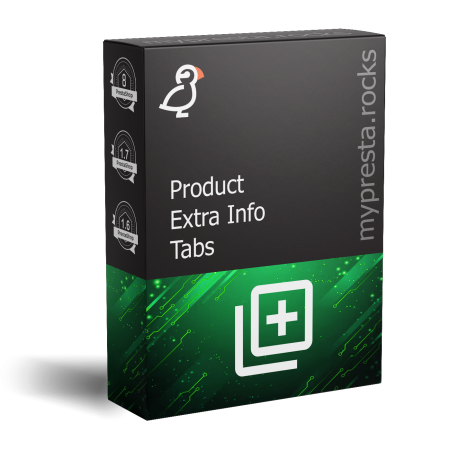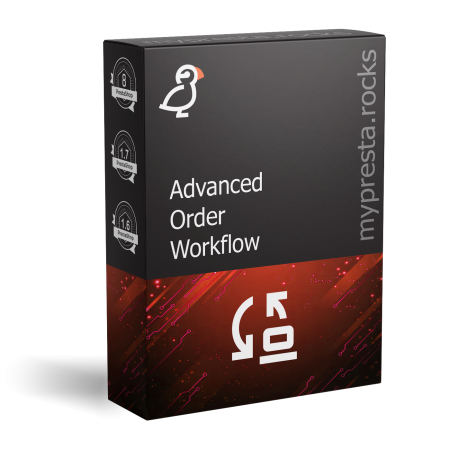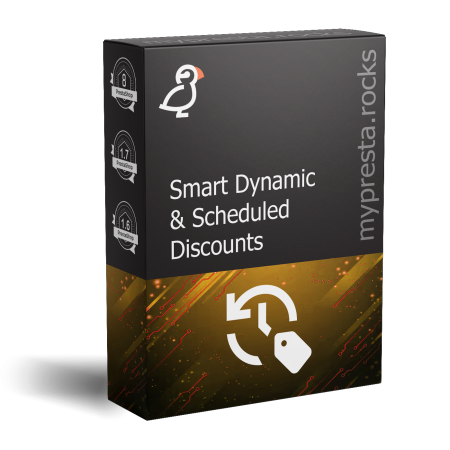In today’s competitive e-commerce landscape, robust SEO is the key to ensuring your PrestaShop store stands out. This...
Blog categories
Blog Search
Blog tags
Challenges of Prestashop Module Development
Challenges of PrestaShop Module Development
Developing modules for PrestaShop isn’t just about writing code—it’s about ensuring seamless functionality across different versions, configurations, and environments. Over the years, we’ve faced countless challenges that required careful planning, testing, and problem-solving. Below, I’ll break down some of the biggest obstacles we encounter and how we address them.
Different PrestaShop Versions – Keeping Up with an Evolving Ecosystem
PrestaShop is constantly evolving, and with each version, functions can be introduced, modified, or removed. Some features that were essential in older versions may be deprecated in newer ones, while previously removed features can sometimes return. A module needs to be prepared for all of these variations.
To ensure compatibility, our modules implement proper version checks, dynamically adapting their behavior based on the installed PrestaShop version. This prevents compatibility issues and ensures smooth operation across multiple releases.
PHP Version Compatibility – Balancing Old and New
Just like PrestaShop, PHP versions also evolve, bringing new features, performance improvements, and security updates. However, many merchants run older PHP versions due to hosting limitations or concerns about breaking their stores. This means modules need to be compatible across a wide range of PHP versions.
We develop with older PHP versions in mind to ensure broad compatibility, while also making sure our code runs efficiently on the latest PHP releases. This approach allows merchants to continue using our modules even if they are unable to upgrade their hosting environment immediately.
Diverse Server Environments – Every Setup is Unique
No two PrestaShop stores run in the exact same environment. Differences in operating systems, server types (Apache, Nginx, LiteSpeed), PHP configurations, and even specific Apache/Nginx versions can impact how a module functions.
To counter these potential issues, we test our modules across multiple environments. By considering different hosting setups, enabled PHP extensions, and various web server configurations, we ensure that our modules remain stable regardless of the underlying infrastructure.
Adapting to Store Configurations – Handling Every Setting Properly
Every PrestaShop store has its own unique configuration. Some stores enable customer groups, multi-store functionality, or specific pricing rules, while others use simplified setups. A module needs to detect and adapt to these settings to function correctly.
Our modules dynamically check store configurations, ensuring they behave properly regardless of the merchant’s settings. Whether it’s detecting if customer groups are enabled or identifying multi-store setups, we ensure that modules seamlessly integrate with each store’s specific setup.
Compatibility with Other Modules – Avoiding Conflicts
A PrestaShop store rarely operates with stock functionality alone—merchants install multiple modules to enhance their store. Unfortunately, some modules may override key functionalities or interfere with others, leading to conflicts.
To prevent such issues, we design our modules to operate within isolated areas, minimizing the risk of conflicts. Our approach ensures that even if a module is uninstalled, the store continues functioning as if it was never installed in the first place.
Merchant Knowledge Gaps – Bridging the Understanding
Not every merchant is deeply familiar with how PrestaShop works behind the scenes. Some users expect a module to function perfectly without any configuration, which can lead to confusion when advanced settings are involved.
To address this, we focus on clear documentation, user-friendly interfaces, and helpful tooltips within module settings. Our goal is to make each module as intuitive as possible while still providing powerful customization options for advanced users.
Modified Core Files – A Developer’s Nightmare
Some store owners or previous developers modify core PrestaShop files directly instead of using overrides or hooks. This can break expected functionality, making it difficult for a module to rely on standard PrestaShop behavior.
We design our modules to handle such edge cases gracefully, implementing fallback mechanisms whenever possible to maintain stable performance even in modified environments.
Despite These Challenges, We Deliver Reliable Solutions
Even with all these challenges, we remain confident in our ability to deliver high-quality, reliable modules. Through rigorous testing, version checks, and best coding practices, we ensure that our solutions work seamlessly across different PrestaShop versions, PHP environments, and store configurations.
By understanding these challenges and proactively addressing them, we provide store owners with modules that enhance their stores without adding complexity or risk.














Leave a comment